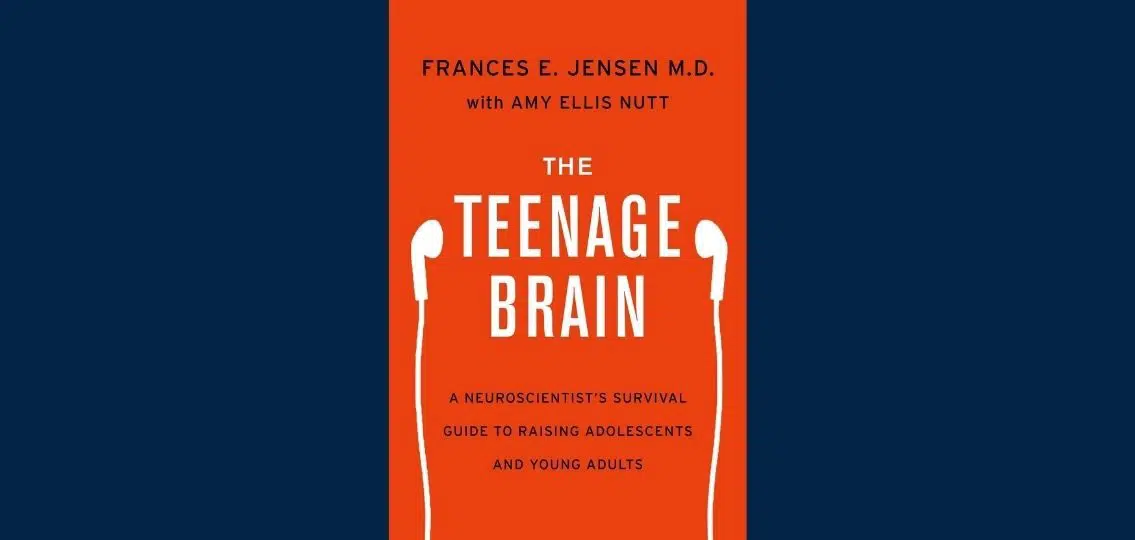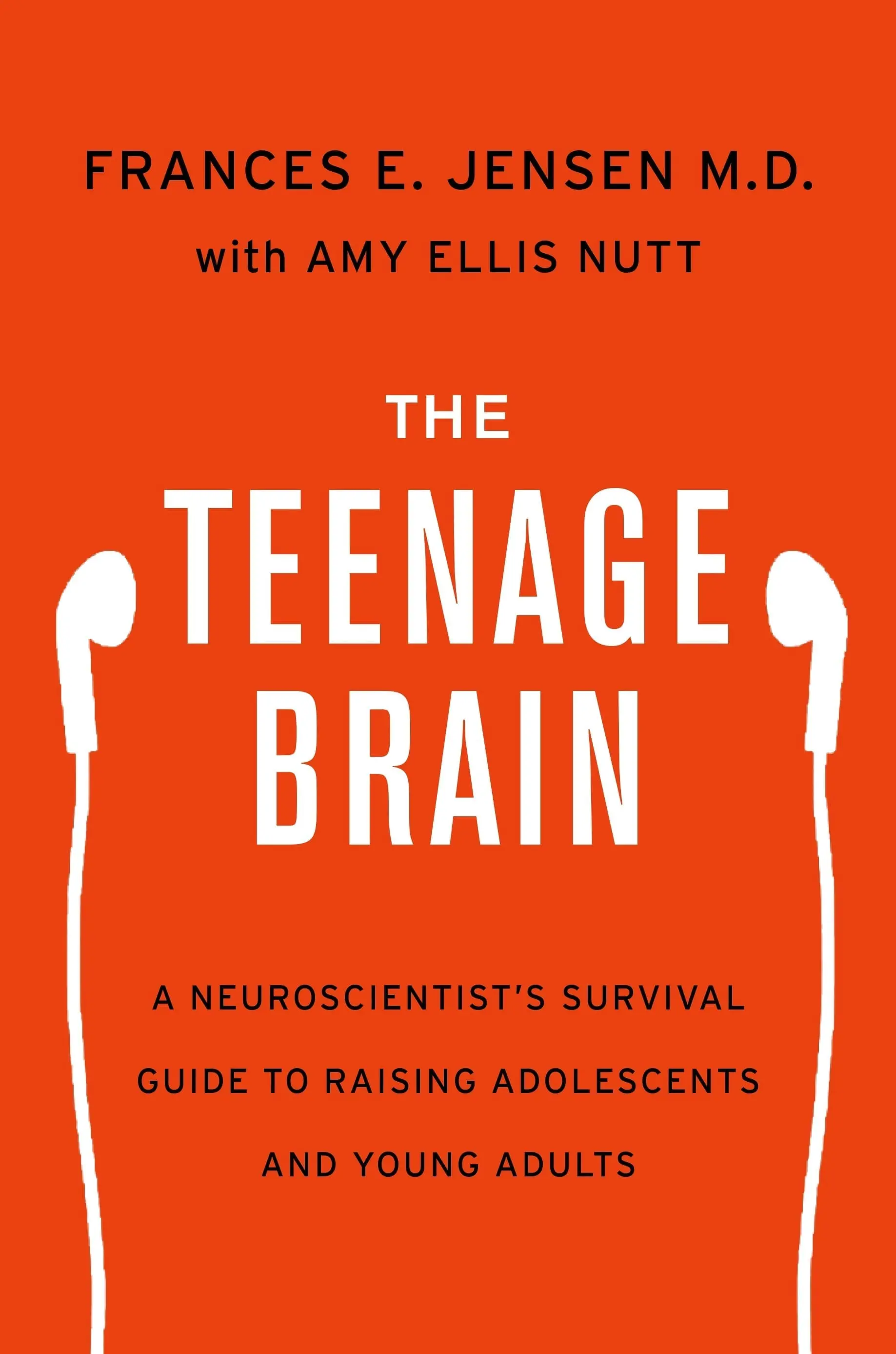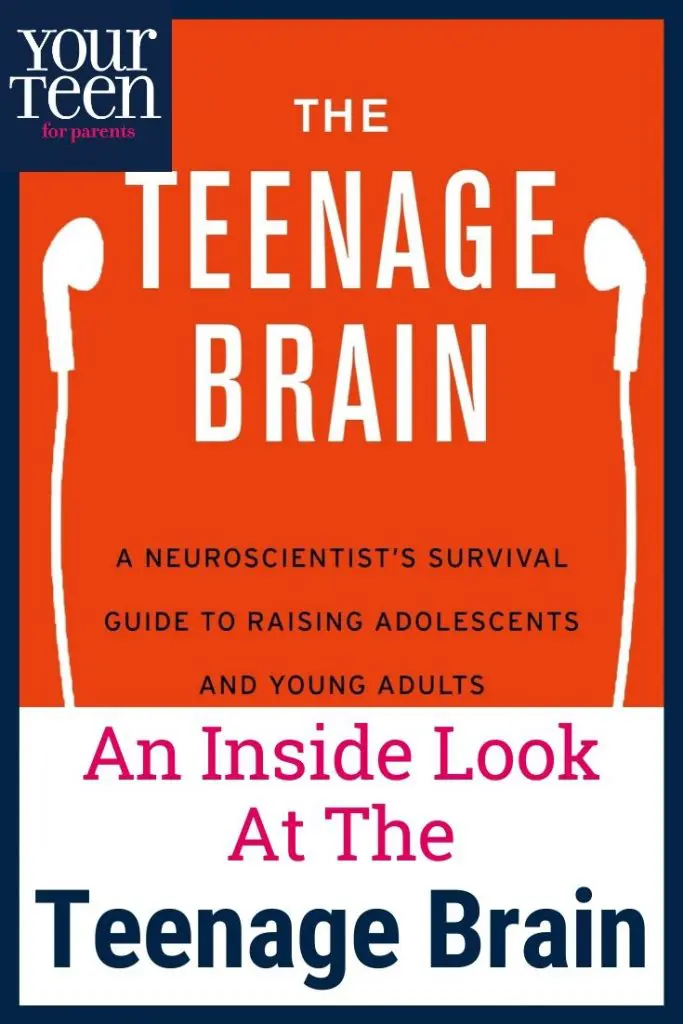When her sons entered adolescence, Dr. Frances Jensen, a neuroscientist, couldn’t help but wonder what was going on inside their heads. This led her to write a book about the teenage brain. Your Teen talks with the author of The Teenage Brain: A Neuroscientist’s Survival Guide to Raising Adolescents and Young Adults.
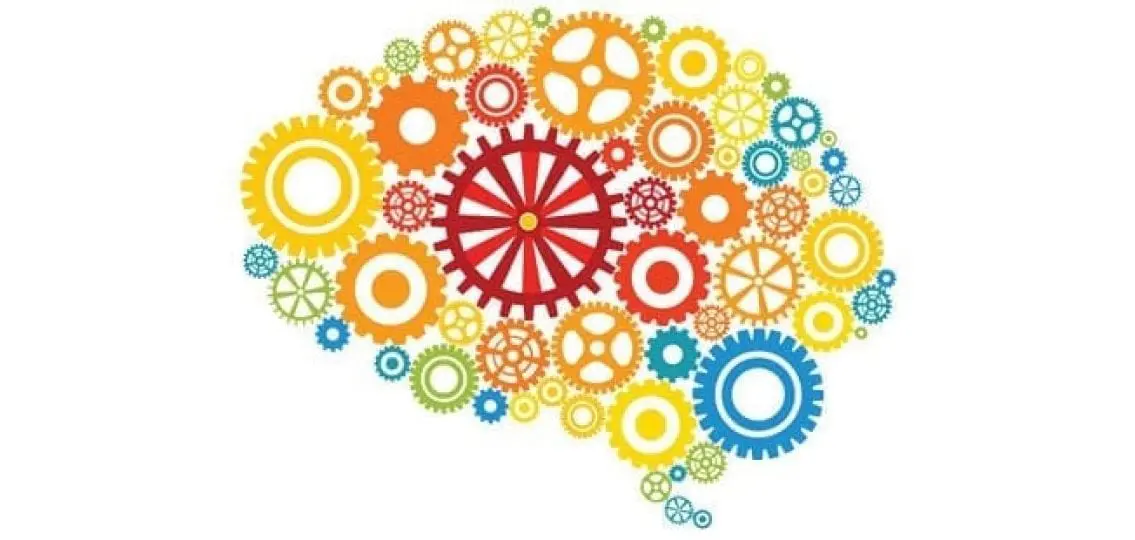
Talking Teenage Brain Development
Q: Why a book about the teenage brain?
Jensen: I am a neuroscientist and I do research on brain development. I also have two sons and when they morphed into adolescents, I thought: “What is going on?” I really wanted to understand my sons and not alienate them. I’m also naturally curious and being in the field, I tried to turn what could have been anger and frustration into curiosity. This was in the mid-2000s, when a lot of research on adolescent brain development was breaking. I found it fascinating, especially the science about evidence of better synaptic plasticity in the teenage brain.
Q: What’s synaptic plasticity?
Jensen: When you learn, you are using the same pathway over and over again in your brain. As a result, something kind of magical happens, which is that this process triggers the building of a synapse. That’s where two brain cells connect. All the proteins that are required to build these synapses are actually programmed at higher levels in children and teenagers, which is why teenagers can learn so well.
| [adrotate banner=”143″] |
Q: So, what should I do if my adolescent is struggling in math?
Jensen: Don’t ignore it. Adolescents can improve skills tremendously. Their synaptic plasticity is higher. They learn at higher rates. This is a carpe diem time of life. It’s the best time to correct reading problems, to improve in math, or whatever it is. As adults, we have to put much more effort into our learning. Teenagers need to know that they are coming out of this golden period. Their IQ can change. It can go up, but it can also go down. We all thought IQ stayed the same, but that’s not true and that’s great news. Parents should be working on that. In elementary school, parents are very involved, and then in middle school, we decide you’re a scholar or you’re not. That’s not right. It can change.
Q: Teenagers don’t have fully mature brains?
Jensen: No, they don’t. A lot of people believe that once their children physically mature, there is an adult brain in there. That’s not true. The brain is only about 80 percent of the way to adulthood at the end of your teenage years. Even when you leave college, your brain is not fully mature yet. The brain does not fully mature until around the mid-20s. The frontal and pre-frontal lobes are the last to connect.
 Q: What are the frontal and pre-frontal lobes?
Q: What are the frontal and pre-frontal lobes?
Jensen: These lobes are the seat of executive function, judgment, insight, empathy, impulse control and those abilities are, when you think about it, exactly what are still under development in the teenager. So, while everyone is born with a frontal lobe, it doesn’t have these rapid connections going to it for split-second decision-making until about your mid-20s, when the brain finishes developing. That’s why teenagers are able to reason through, say, questions on an SAT test, but they’re not good at deciding whether or not to jump into a quarry where there is not enough water.
Q: What other characteristics are the result of a teenager’s still-developing brain?
Jensen: Teenagers have emotional highs and lows. The emotional centers of the brain are connected before the frontal lobes, so the emotional centers are firing on all cylinders with zero dampening from the frontal lobe. Teenagers make a lot of mistakes. They have not done life before. There is a lot of trial and error. There is novelty seeking. There is identity seeking. There is a huge amount of risk-taking. Teenagers are not good at identifying that this cause will lead to this effect. And they are very impressionable, both by good and by bad things. In general, influences have a much more penetrating and permanent effect on them during this period.
Q: Like drugs and alcohol?
Jensen: Yes, we now understand that addiction is a form of synaptic plasticity. It’s a form of learning. Because teenagers have more synapses—and more synaptic plasticity—they need less exposure to drugs and alcohol to have more of an effect on the brain. So binge drinking will cause more brain injury in the teenager than it will in the adult. Teenagers don’t require as many exposures to an addictive substance to be addicted. It’s basically the same process as learning a fact; it’s just happening in a different part of the brain. A part called the reward system. The science shows that the synapses in the reward system get larger with every exposure to drugs and alcohol, and because teenagers have better synaptic plasticity, their addiction is greater as a result. That is astounding to me, and I made sure my teenagers knew that.
Q: How can understanding brain science help us parent our teenagers?
Jensen: I think what parents sometimes do with teenagers is that they get frustrated and they throw up their hands. That is the wrong thing to do. I am not advocating for helicopter parenting. What I’m saying is that as much energy as you put into your toddler, it’s a different kind of energy, but you may have to put in even more for your teenager. You have to help them plan. You have to help them understand their strengths and weaknesses. A teenager is not going to go up to a counselor and say: “You know, I think I’m having trouble in science.” Talk to them about decision-making. As a parent, you have to step up and be their frontal lobe. Give a frontal lobe assist, if you will.
Q: What does brain science say about teenagers never turning off the lights!
Jensen: Or why can’t they remember to put the clothes in the hamper? What is that all about? The dishwasher is just next to the sink. Why can’t you put the dishes in the sink? Again, their brains are not firing on all cylinders. Their minds are just focused on other things. Teenagers are still at a point where they are very self absorbed, not in a conceited way, but it’s a “me, me, me” time. They are struggling to get through their agenda, which they are hyper-focused on. You just have to shake your head and remind them to turn the lights off. Miraculously, when they start getting electric bills, they learn to turn the lights off.
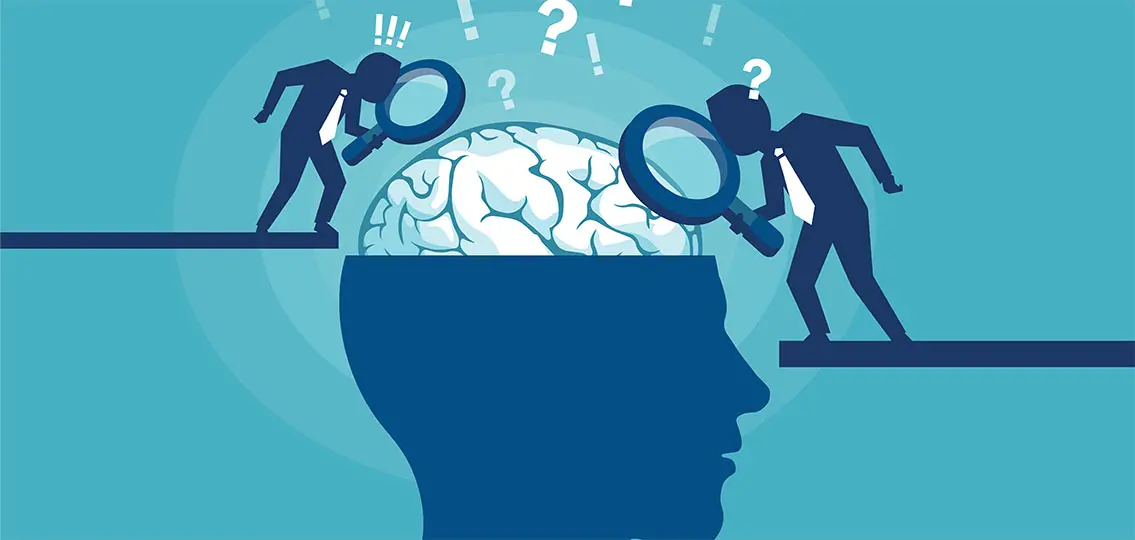
Q: Final thoughts?
Jensen: What I learned while writing this book about the teenage brain is that there is still a lot of myth out there about teenagers. An attitude of, “Oh, they’ll be fine. They will bounce back. They will grow out of it.” Well, teenagers do grow out of it, but I felt we were dismissing what they were doing during the teenage years. It’s an incredibly valuable and precious time. It’s a time you can still really scaffold your brain for your future life. I think parents need to know that. I think teenagers need to know that. You need to mind your brain. You get one brain.
